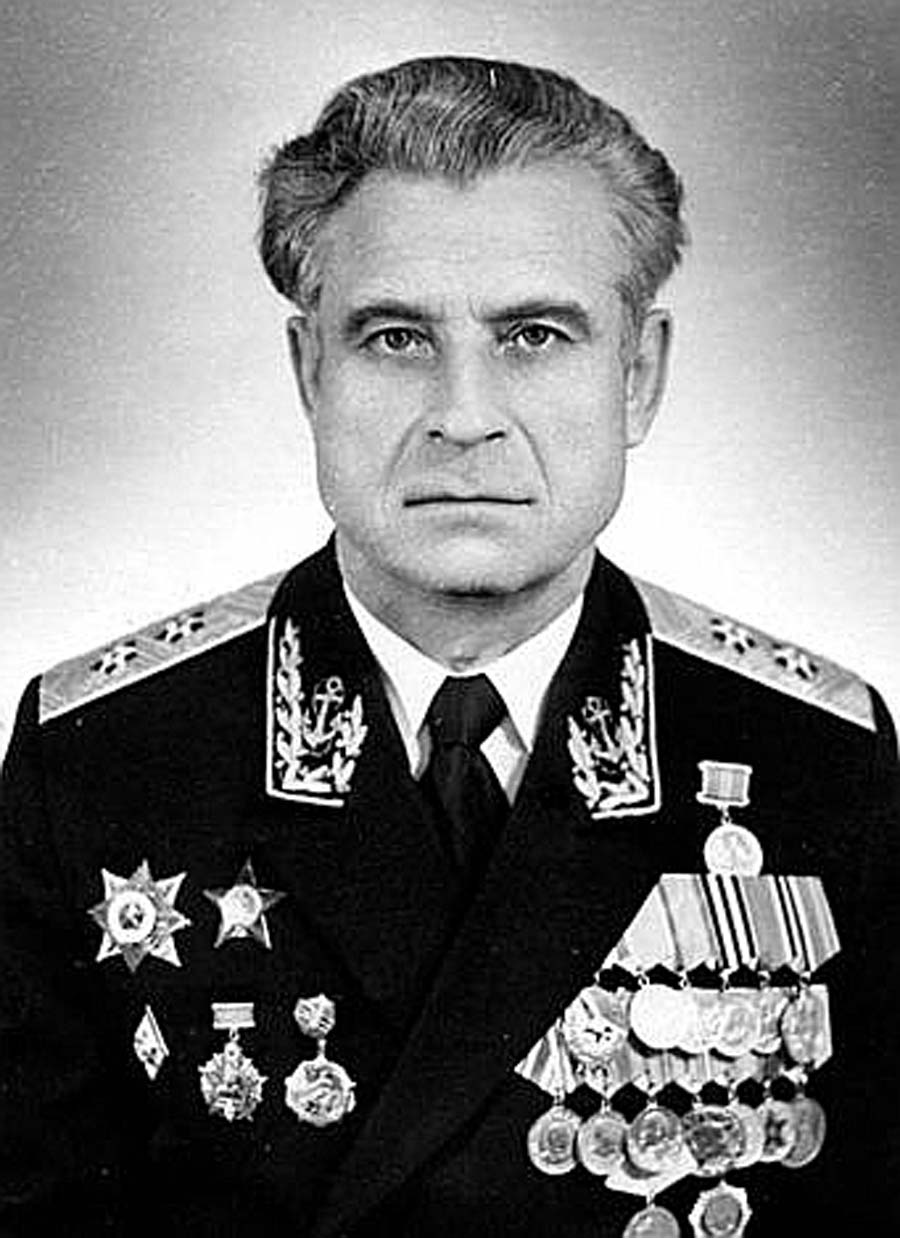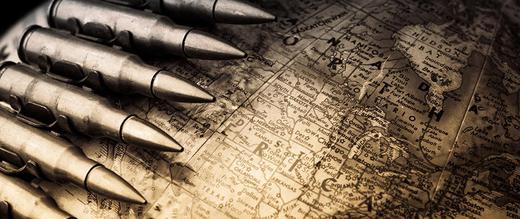The views expressed in our content reflect individual perspectives and do not represent the authoritative views of the Baha'i Faith.
Instruments and means of human destruction have enormously multiplied in this era of material civilization. But if material civilization shall become organized in conjunction with divine civilization, if the man of moral integrity and intellectual acumen shall unite for human betterment and uplift with the man of spiritual capacity, the happiness and progress of the human race will be assured. All the nations of the world will then be closely related and companionable, and the religions will merge into one, for the divine reality within them all is one reality. Abraham proclaimed this reality; Jesus promulgated it; all the Prophets who have appeared in the world have founded Their teachings upon it. Therefore, the people of the world have this one true, unchangeable basis for peace and agreement, and war, which has raged for thousands of years, will pass away. – Abdu’l-Baha, The Promulgation of Universal Peace, p. 102.

Vasili Arkhipov
As a boy, like every other boy and girl growing up in the United States during the “atomic age,” I practiced how to survive a nuclear attack at my elementary school. The air raid siren would wail unexpectedly, and we all would hurry to do what the teachers taught us: duck and cover. We knelt down under our desks, covered our heads with our arms, and waited there in that uncomfortable, bent-over position, thinking about dying, until the all-clear signal sounded.
That usually took a few minutes, so the teachers and administrators of the schools could check to see if all the children complied with their instructions. Those few silent minutes gave us all time to ponder. Usually I thought about the Russians, with their nuclear missiles aimed at my school, as I crouched under my desk. I wondered what the Russians were like, and how mean they had to be to want to blow up a school full of innocent children. I wondered if the United States aimed its nuclear missiles at Russian schools, but I couldn’t imagine that the good Americans I knew would do such a terrible thing.
Then, in 1962, the Cuban Missile Crisis brought the situation to a much more serious point. My family lived on a farm near a large Strategic Air Command base in Washington State, and we all knew that the base and its bombers would provide the Russians a first-priority target in case nuclear war actually did break out. At the height of the crisis, with my father away on a business trip, my mother took all five of her children out of school and, convinced that war was imminent, insisted that the family hunker down in our basement for three days.
I’ll never forget those three days. We listened to the increasingly dire and frantic news on the radio in that dark basement, my little brothers and sisters fearful of what could happen, my mother almost hysterical when we heard all of the heavy B-52 bombers take off, one after the other, from the airbase nearby. We understood that level of maximum alert meant an attack could happen anytime. It seemed like doomsday had almost arrived.
We had no idea then, but as my family sought shelter in our basement—on the second-to-last day of the crisis, October 27th—a Soviet submarine captain named Valentin Savitsky, surrounded by American ships near Cuba and running out of air in his submerged craft, decided to fire a nuclear torpedo. An argument ensued. The captain’s second-in-command, an unheralded hero of peace named Vasili Arkhipov, convinced him not to fire that nuclear weapon. Later Thomas Blanton, the head of the U.S. National Security Archive, said “A guy called Vasili Arkhipov saved the world.” Apparently, my mother’s fears were completely justified.
In those days, the United States had approximately 27,000 nuclear warheads and the capacity to deliver them accurately. The Soviet Union had 3,600, without much in the way of accuracy.
That disparity gave way to the world’s most deadly arms race during the Cold War, which lasted until 1991. That massive arms buildup, which the diplomats actually called Mutually-Assured Destruction—the official doctrine with the fitting acronym “MAD”—accurately describes the goal of the escalation. Based on the theory of deterrence, MAD stands for a national security and military strategy, adopted by both the United States and the Soviet Union, that acknowledges a full-scale use of nuclear weapons by two or more opposing sides would cause the total destruction and annihilation of everyone. This absolute deterrent capacity, the theory goes, keeps everyone safe—because no sane nation would commit suicide.
Today, the United States has 4,500 nuclear warheads and Russia has 4,700. Many other countries have nuclear weapons, too. The Federation of American Scientists estimates the world now has more than 15,000 nuclear weapons.
So far, the theory of Mutually-Assured Destruction has prevailed. But today, with suicide bombings and terrorist attacks proliferating, the chance of one of those nuclear weapons falling into the hands of extremists has called the continuing effectiveness of the MAD theory into serious question. The only real solution? The Baha’i teachings recommend universal and concurrent disarmament:
By a general agreement all the governments of the world must disarm simultaneously and at the same time. It will not do if one lays down the arms and the other refuses to do so. The nations of the world must concur with each other concerning this supremely important subject, thus they may abandon together the deadly weapons of human slaughter. As long as one nation increases her military and naval budget, another nation will be forced into this crazed competition through her natural and supposed interests. – Abdu’l-Baha, Star of the West, Volume 3, p. 116.

















Comments
Sign in or create an account
Continue with Facebookor